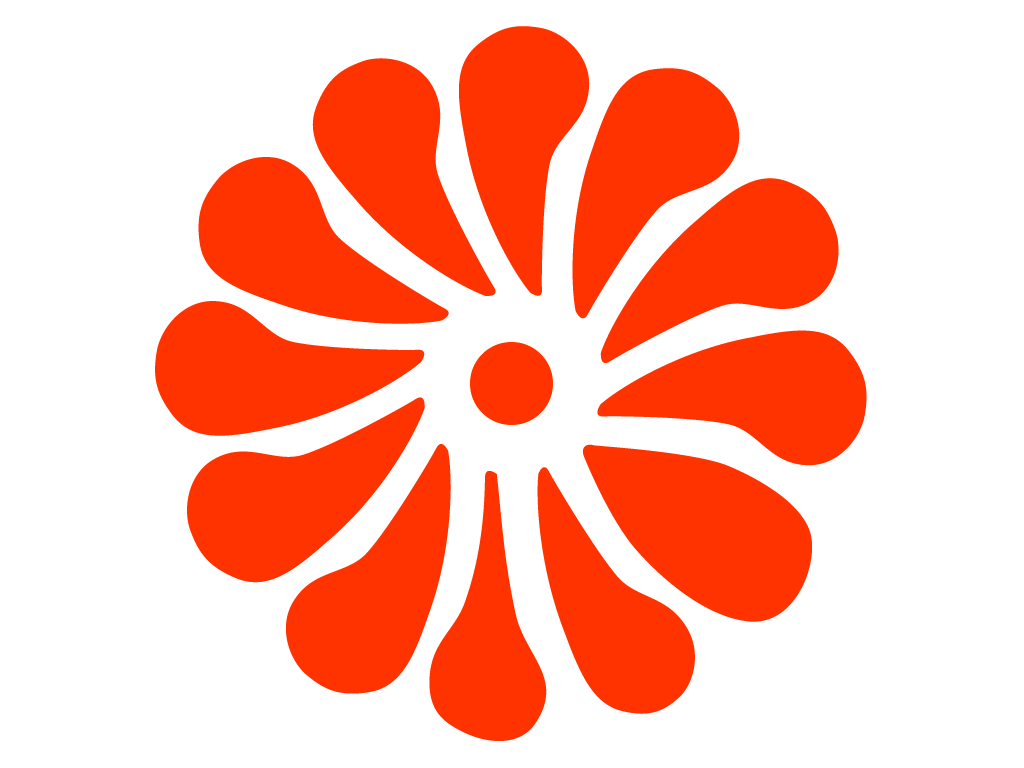Berberis thunbergii ‘Orange Rocket’: A Stunning and Versatile Shrub
Berberis thunbergii ‘Orange Rocket’, or Berberis ‘Orange Rocket’, commonly known as Orange Rocket Barberry, is a striking and compact deciduous shrub that belongs to the Berberidaceae family. Native to Japan and Eastern Asia, Berberis thunbergii species are widely appreciated for their vibrant foliage and hardy nature. The ‘Orange Rocket’ cultivar is particularly notable for its brilliant color changes throughout the seasons and its upright, columnar growth habit. This award-winning shrub is an excellent choice for adding vertical interest and vibrant color to gardens and landscapes.
Description
Foliage: The new leaves of Berberis ‘Orange Rocket’ emerge in a vibrant coral-orange color, providing a dazzling display in the spring. As the season progresses, the foliage matures to a medium green before transitioning to brilliant shades of red and orange in the fall. This dynamic color change makes the ‘Orange Rocket’ a standout feature in any garden.
Flowers and Berries: In early summer, tiny, pale yellow flowers appear, although they are relatively inconspicuous compared to the striking foliage. These flowers give way to an abundant crop of bright crimson-red berries in the fall. The berries are not only attractive to birds but also persist on the spiny stems after the leaves have fallen, extending the visual appeal of the shrub into the winter months.
Growth Habit: Berberis thunbergii ‘Orange Rocket’ grows with a tight, columnar habit, reaching 4-5 feet in height and 2-3 feet in width within 10 years. This upright growth pattern makes it an ideal choice for small gardens, borders, and containers.
Care Instructions for Berberis thunbergii ‘Orange Rocket’:
Light: For optimal foliage color and growth, plant ‘Orange Rocket’ Barberry in full sun. It can tolerate partial sun, but the best color development occurs with ample sunlight.
Watering: Water regularly during the first growing season to establish a strong root system. Once established, the shrub is quite drought-tolerant and requires watering only when the top 3 inches of soil are dry.
Soil: This barberry is adaptable to a range of soil conditions, provided they are well-drained. It performs best in average, dry to medium soil. Avoid soggy or poorly drained sites, as good drainage is essential for the health of the plant.
Maintenance: ‘Orange Rocket’ Barberry is relatively low-maintenance. Pruning is generally not necessary except to maintain the desired shape or to encourage strong basal branching in younger plants. If pruning is needed, do so in late winter or early spring before new growth begins. Fertilize in early spring to promote healthy growth.
Pests and Diseases: This shrub is fairly pest-free but can occasionally be affected by powdery mildew. Ensure good air circulation around the plant to help prevent this issue. The plant is also deer-resistant, tolerant of urban pollution, and can withstand road salt, making it a resilient choice for various planting conditions.
Propagation
Propagation by Semi-Hardwood Cuttings: The best method to propagate Berberis thunbergii ‘Orange Rocket’ is by taking semi-hardwood cuttings.
- Timing: Take cuttings in late summer when the wood is mature but not fully hardened.
- Preparation: Cut a 4-6 inch section from a healthy, non-flowering shoot. Remove the lower leaves, leaving a few at the top.
- Planting: Dip the cut end in rooting hormone and plant it in a pot filled with a well-draining potting mix. Keep the soil moist and place the pot in a sheltered location with indirect sunlight.
- Care: Once the cuttings have rooted, usually within a few months, they can be transplanted to their permanent location in the garden.
Landscape Uses
Versatile Applications: Berberis thunbergii ‘Orange Rocket’ is highly versatile and can be used in various landscape settings:
- Borders and Beds: Its vibrant color and upright habit make it perfect for brightening borders and mixed beds.
- Specimen Plant: The striking foliage color makes it an excellent choice as a focal point in gardens.
- Containers: Due to its compact size, it performs well in containers, adding a splash of color to patios and entryways.
- Mass Plantings: Planting in masses can create a dramatic effect and provide vibrant color throughout the growing season.
Special Considerations
Toxicity: While ‘Orange Rocket’ Barberry is not highly toxic, ingestion of the berries can cause mild stomach upset. It’s best to avoid planting it in areas where children or pets might ingest the berries.
In conclusion, Berberis ‘Orange Rocket’ is a superb addition to any garden, offering a stunning display of foliage color, easy care, and versatility in various landscape settings. Its resilience and dynamic seasonal changes make it a favorite among gardeners looking to add year-round interest and color to their outdoor spaces.





